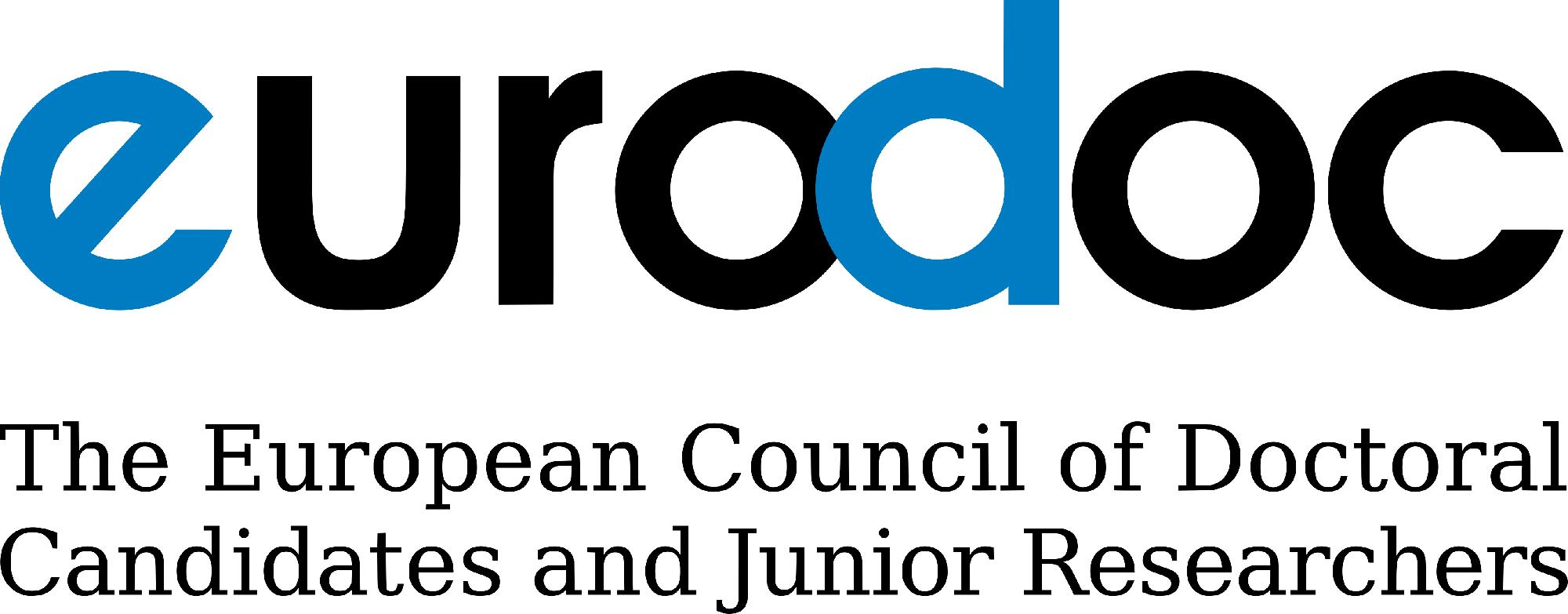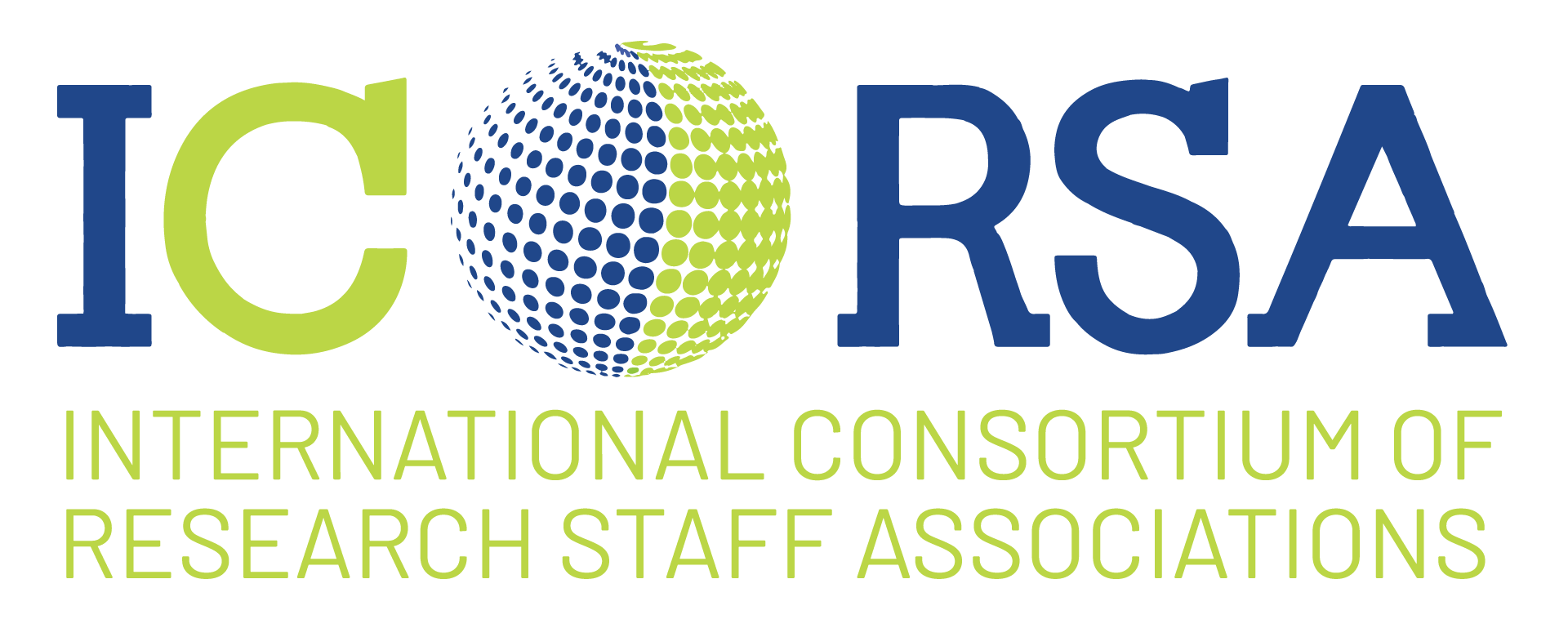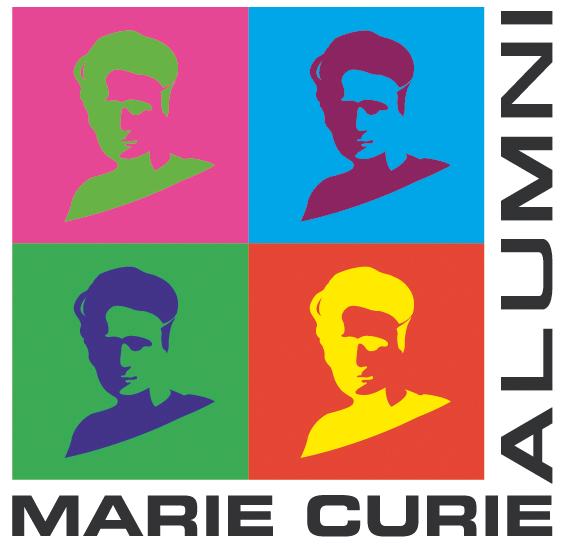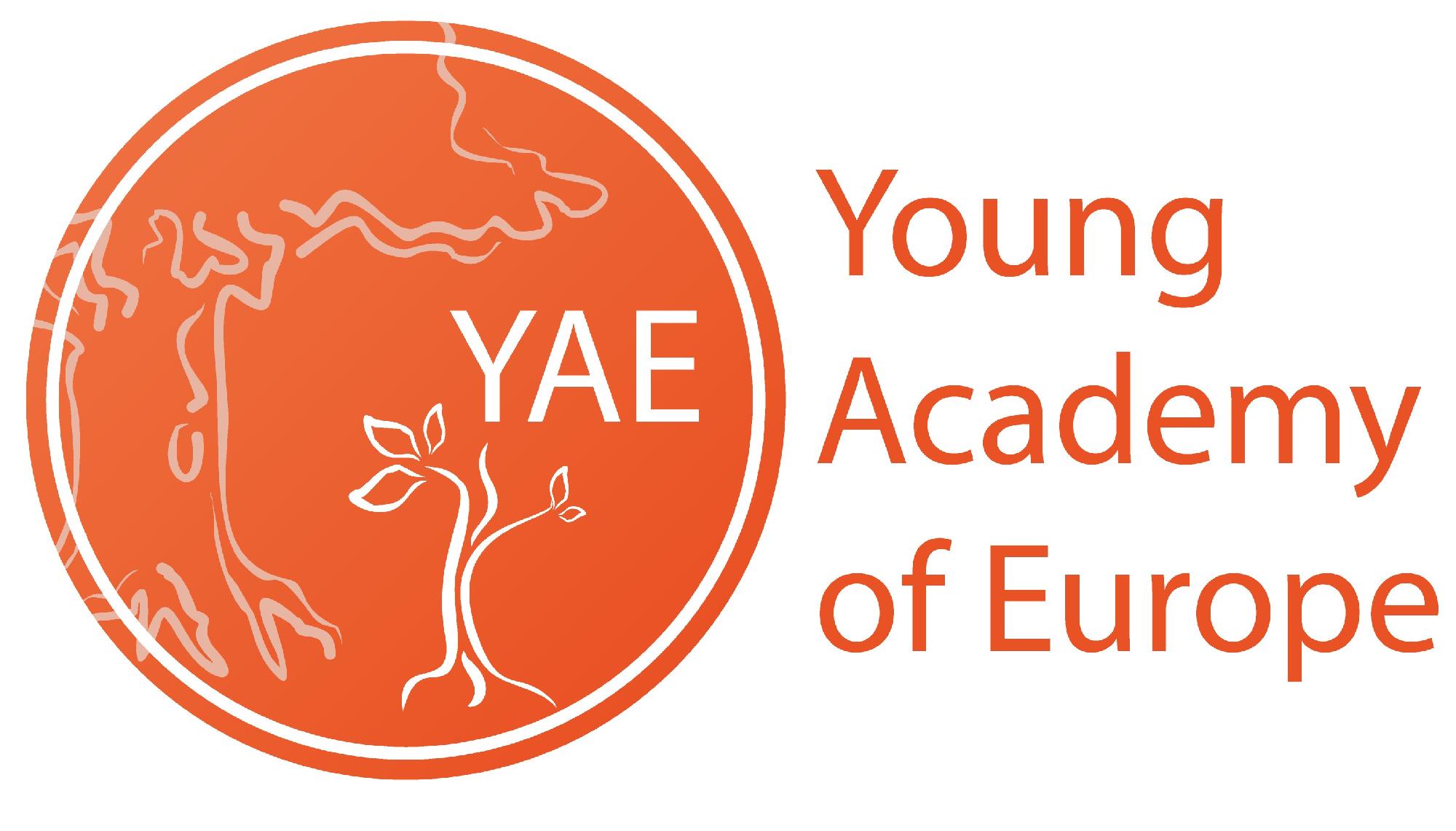Programme / How to make academic careers attractive and sustainable
‹ back to Programme listerDay
Wednesday / 20 NOV
14:00 - 15:30
The role of science is crucial in these times of global crises, where armed conflicts, health emergencies like pandemics, the threatening consequences of climate change, and the unknown consequences of the use of artificial intelligence dominate our lives.
However, despite their critical importance, careers in research fail to attract and retain many talents, posing a significant threat to our collective ability to tackle these crises. Pursuing a career in research is fraught with challenges: Most early to mid-career researchers and scholars face uncertain job prospects, precarious positions often associated with significant international mobility constraints, limited funding, and intense competition for grants. The academic “publish or perish” culture can lead to burnout and stifle creativity. Excellence is often defined and assessed in a unidimensional way, i.e. associated with academic research output only, mostly in the form of prestigious publications. Many key researcher competencies and contributions (e.g. teaching, mentoring, leadership, involvement in science policy or science advice for policy) often go unrecognised and unrewarded, exacerbating problems tackling equity, diversity, and inclusion among researchers. Moreover, the path to becoming an established researcher often requires long years of low-paying postdoctoral positions of short durations, making it financially unviable for many, which in turn results in a consequential loss of talent. The classic, linear academic career path towards professorship is the reality for very few researchers. Most researchers, research support staff and PhD holders will work in industry, in the public administration, in NGOs and other sectors.
In this panel, members of researcher organisations representing early career and senior researchers will discuss the question of how to make academic careers more sustainable and attractive by engaging directly with the audience. We will start with 5 keynote statements from our respective representatives, followed by breakout sessions with the audience for detailed discussions with the panelists in a roundtable format, each facilitated by moderators. At the end of the programme, we will share the main conclusions of each breakout session in the plenary to ensure that there are concrete takeaways.
Agenda:
|
14:00-14:10 = 10 min |
Introduction + Mentimeter Moderator: Rosarii Griffin (ICoRSA) Rapporteur: Hannah Schoch (Eurodoc) |
Introduction by moderator |
|
14:10-14:30 = 20 min |
Panel Position Statements
|
5 x 4 min talks by speakers |
|
14:30-15:00 = 30 min |
Roundtable Discussions |
4 group discussions by audience |
|
15:00-15:10 = 10 min |
Roundtable Summaries |
4 summaries by rapporteurs |
|
15:10-15:25 = 15 min |
Plenary Panel Discussion
|
Open discussion with panel |
|
15:25-15:30 = 5 min |
Conclusion + Closing |
Conclusion by moderator |
Rountables:
|
Table |
Moderator |
Topic |
|
1 |
Moderator: Pil Maria Saugmann (Eurodoc) Rapporteur: Norbert Bencze (Eurodoc) |
Doctoral Education: Challenges for Researcher Careers |
|
2 |
Moderator: Rosarii Griffin (ICoRSA) Rapporteur: Katalin Solymosi (YAE) |
Does the European Research Competence Framework Address Career Progression and Precarity? What Are Other International Frameworks’ Best Practices? |
|
3 |
Moderator: Philippa Warren (YAE) Rapporteur: Pavlo Bazilinskyy (MCAA) |
Can Tenure Track Models Tackle Precarity and Make Academia More Attractive? |
|
4 |
Moderator: Mostafa Moonir Shawrav (MCAA) Rapporteur: Slaven Misljencevic (EC DG RTD) |
Tripple i Mobility - Pension and Social Security Schemes to Reduce Precarity |
Moderators:
- Rosarii Griffin, Secretary and Director of ICORSA, International Consortium of Research Staff Associations (ICORSA) and University College Cork (UCC) Ireland
- Pil Maria Saugmann, President, European Council of Doctoral Candidates and Junior Researchers (Eurodoc)
- Philippa Warren, Activities Chair, Young Academy of Europe
- Mostafa Moonir Shawrav, Executive Director, Marie Curie Alumni Association (MCAA)
Speakers:
- Slaven Misljencevic, Policy Officer, European Commission
- Carl Vannetelbosch, Project Officer, UNESCO
- Nicola Dengo, Vice-president, The European Council of Doctoral Candidates and Junior Researchers
- Katalin Solymosi, Outgoing Chair, Young Academy of Europe
- Gian Maria Greco, Chair, Marie Curie Alumni Association (MCAA)
Rapporteurs:
- Hannah Schoch, Secretary and board member, The European Council of Doctoral Candidates and Junior Researchers
- Norbert Bencze, General Board Member, The European Council of Doctoral Candidates and Junior Researchers
- Katalin Solymosi, Outgoing Chair, Young Academy of Europe
- Pavlo Bazilinskyy, Treasurer, Marie Curie Alumni Association
- Slaven Misljencevic, Policy Officer, European Commission



